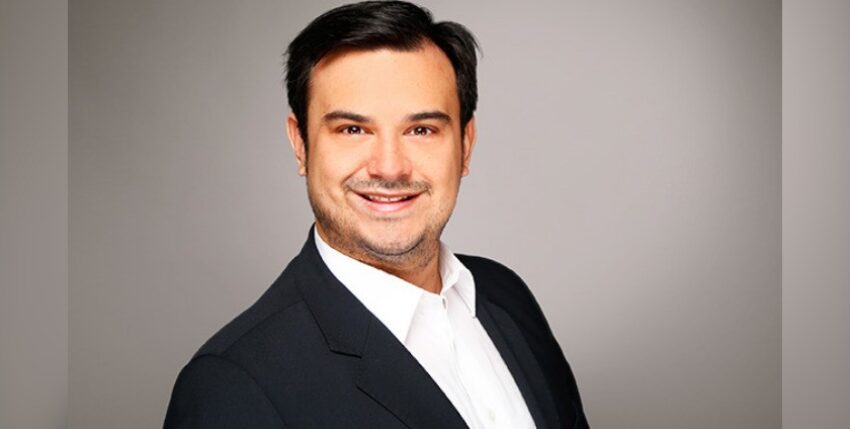In May 2022, it became known that the Ministry of Defence was working on a draft law to accelerate procurement measures by the German armed forces - "in short" the Bundeswehr Procurement Acceleration Act (BwBBG) - and, as the smooth name suggests, the law is intended to "apply facilitations under public procurement law to accelerate the award of public contracts", according to a formulation aid from the German government.
Observers of the scene quickly recognised that the demands formulated in the draft law essentially provide for the implementation of existing and long-known options - particularly with regard to the public procurement chamber and exemptions from the Competition Act. The Federal Association of the German Security and Defence Industry rightly asked why the "planned increased consideration of national security interests [...] should not take place using Article 346 of the Treaty on the Functioning of the European Union (TFEU)", which is actually intended for this purpose.
It is also questionable whether Koblenz will be able to achieve the required speed of procurement from a standing start. Currently, only 89 per cent of the posts at the Deutsches Eck are filled and there is a shortfall of over 1,300 employees. Or does the accelerated procurement route lead past the Federal Office of Bundeswehr Equipment, Information Technology and In-Service Support and directly into the arms of Foreign Military Sales? As a reminder: so far this year, only a handful of 25-million-euro procurement projects have made it to parliament for a vote.
Let's think positively and assume that it will be possible to accelerate procurement; the men and women of the German Navy are standing at the pier in front of their new ships and still cannot sail: The special fund only covers the procurement of new platforms, but not the financial resources, equipment such as ammunition or qualified personnel required for material operations. These have not yet been factored into the budget or into the minds of those responsible in Berlin! It is therefore clear that the annual funding line, which has already been increased to 50 billion euros, will not be sufficient in the foreseeable future.
For the procurement of ammunition of all calibres alone, the Inspector General of the Bundeswehr, General Eberhard Zorn, sees an additional financial requirement of over 20 billion euros by 2032. That's another ten years and there is neither political patronage nor the will to accelerate this in sight in Berlin - in the special fund with its now two economic plans, one looks in vain for this item. What has prevented the Ministry of Defence in recent years from proactively procuring ammunition across the board instead of regularly (!) "reallocating" three-digit million sums in the budget at the end of the year? The same applies to demographics, the real elephant in the room: according to serious personnel planners, the planned increase in the Bundeswehr to 208,000 men and women in uniform cannot be achieved until the early 2030s and is therefore irrelevant due to the shorter political timelines.
So what use is a BwBBG if the procurement is accelerated into an organisation that will not be able to use the material to its full extent due to further deficits? The answer lies in the time limit that is to be imposed on the law in Berlin: the BwBBG is to be limited to a period of five years - thus roughly covering the scope of the Bundeswehr's special assets. In Berlin, the measure of success will be how quickly the money is spent, not how wisely!
It is right and important that the Bundeswehr and navy get the equipment they need. However, the daily political fireworks surrounding the special fund and its acceleration distract from the fact that a much greater effort is needed to make the Bundeswehr, which has been drained of its peace dividend, fit for the future: There is a lack of fundamental reform that reorganises the size and structure of the armed forces against the backdrop of demographics and fundamentally changes the procurement processes. Otherwise, fresh material and good money are being fed to dysfunctional structures. All of this makes us sceptical and thoughtful.
Sebastian Schulte is a member of the German Maritime Institute (DMI) and editor-in-chief of Griephan.
Photo: DVV Media/Schulte
Sebastian Schulte









One Response
Thank you for your clear words again. I particularly emphasise the last paragraph.
Basic question: when will we Germans as a society be prepared to defend our freedom with weapons again if necessary? Only then will politicians be prepared to invest more money there and save it in other areas. How can we get out of the comfort zone of previous years?